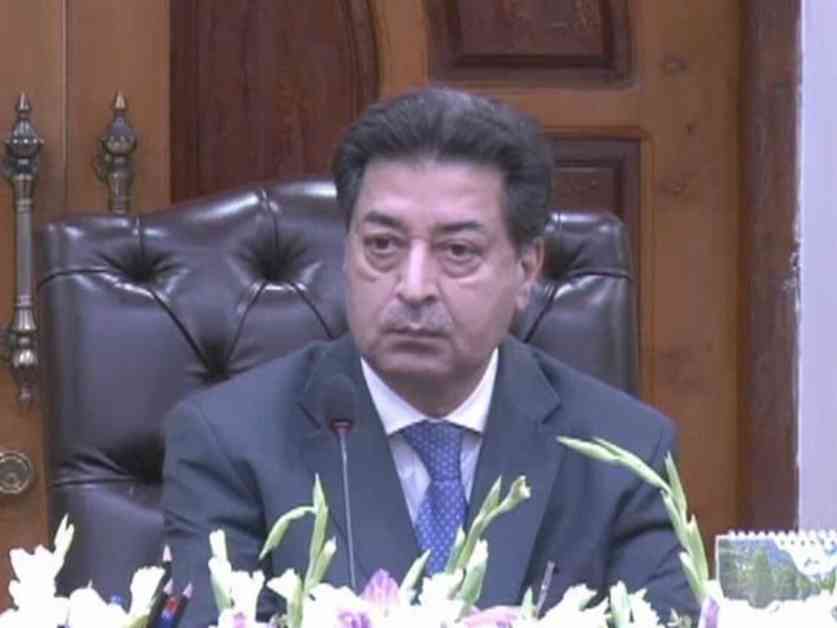Chief Election Commissioner Sikandar Sultan Raja’s five-year tenure is coming to an end on January 26, causing a stir in the political landscape as the appointment of his successor remains uncertain amidst a deadlock between key stakeholders. Under the 26th Constitutional Amendment, Raja will continue to serve until a new CEC is appointed, adding to the complexity of the situation.
Countdown to Transition: What Lies Ahead?
The impending departure of Chief Election Commissioner Sikandar Sultan Raja has sparked concerns about the smooth transition of power within the electoral machinery. With the current deadlock between the prime minister and the leader of the opposition, the timeline for appointing a new CEC and commission members remains uncertain, raising questions about the continuity of crucial electoral functions.
Stalled Consultations and Constitutional Framework
The constitutional process for appointing a new CEC and commission members hinges on consultations between the prime minister and the opposition leader. In case of a deadlock, the matter is referred to a parliamentary committee for resolution. However, the lack of progress in consultations poses a challenge to the timely appointment of key officials, potentially affecting the electoral process.
Implications of Delayed Appointments
As the clock ticks towards the expiration of Chief Election Commissioner Sikandar Sultan Raja’s tenure, the delay in appointing his successor and commission members raises concerns about the continuity and effectiveness of the electoral machinery. The constitutional framework mandates the completion of appointments within 45 days, highlighting the urgency of resolving the deadlock to ensure the seamless functioning of electoral processes.
Ensuring Stability and Efficiency
As stakeholders navigate the complexities of appointing a new Chief Election Commissioner and commission members, ensuring stability and efficiency in the electoral system remains paramount. The adherence to constitutional guidelines and timely resolution of the deadlock are crucial to upholding the integrity and credibility of the electoral process, safeguarding the democratic principles at the heart of the nation’s governance.









